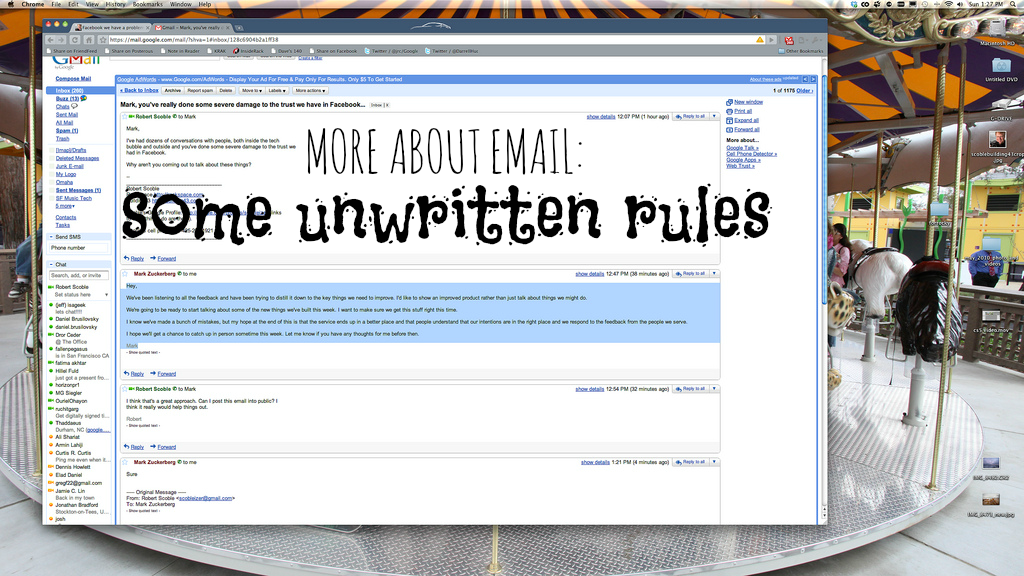I am a closested self-help book-lover. I love to read and reread books that promise to help me better myself, even if they never actually come through on that promise. After all, can’t we all stand to become a better person?
Sometimes, a self-help book exceeds my expectations. Sometimes it’s everything that I wanted it to be and so much more. Such is the case for Kelly Williams Brown’s book Adulting: How to Become a Grown-Up in 486 Easy-ish Steps. Brown’s book is based off her popular Tumblr blog, found here. If you don’t want to read the book (which you should after reading this review), you should definitely follow her.
Adulting has the potential to improve many aspects of your life, no matter what your age. If you’re a twentysomething who, like me, often feels lost and confused when faced with real-world problems, this book is a must-read. In her book, Williams covers topics such as cooking, cleaning, relationships, work, and hospitality. Her style is entertaining yet educational. It’s like having a sassy, worldly friend give you life-changing advice. And while this book won’t necessarily cause you to have a soul-cleansing epiphany, it should at least make you think twice about your immature attitudes.
If you’re looking for an informative read that’s also enjoyable, look no further than Adulting. While you’re at it, be sure to visit Kelly Williams Brown’s blog, full of even more advice and tips for finally growing up. And if you do read the book, please let me know what you think! I’d love to hear about it.









